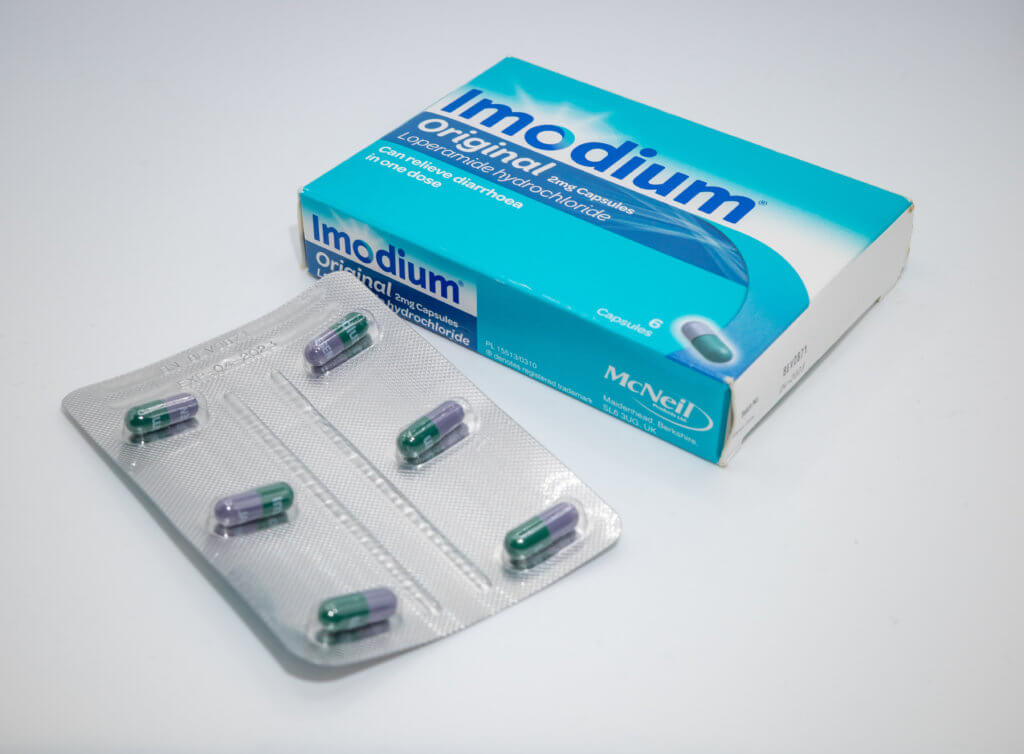The common anti-diarrhea drug Imodium may help treat autism symptoms, according to a new study. While the medication, known as loperamide generically, slows down the movement of the gut, scientists say it also affects social behavior.
Researchers at the University of Oslo in Norway say Imodium A-D does this by activating a protein in the body called the μ-opioid receptor. Previous studies showed that genetically engineered mice without this protein displayed social deficits similar to those seen with people with autism.
After further investigation, the drugs used on the mice that activated the μ-opioid receptor, like the anti-diarrhea pill loperamide, helped restore social behaviors. This breakthrough gives scientists hope that other drugs that target this protein may have a similarly positive affect on autism.
Data from the Centers for Disease Control and Prevention in 2018 shows that 1 in 44 children in the U.S. are diagnosed with an autism spectrum disorder (ASD). Boys are four times more likely to be diagnosed.
“There are no medications currently approved for the treatment of social communication deficits, the main symptom in Autism Spectrum Disorder,” says lead author Dr. Elise Koch, of the Institute of Clinical Medicine at the university, in a statement. “However, most adults and about half of children and adolescents with ASD are treated with antipsychotic drugs, which have serious side effects or lack efficacy in ASD.”
Using drugs that already exist is extremely useful as scientists often have extensive information about the safety and side-effects of each one. Finding a pre-existing drug like Imodium to treat something new can save time and money, as lots of the research has already been done.
The study is published in Frontiers in Pharmacology.
South West News Service writer Alice Clifford, contributed to this report.












